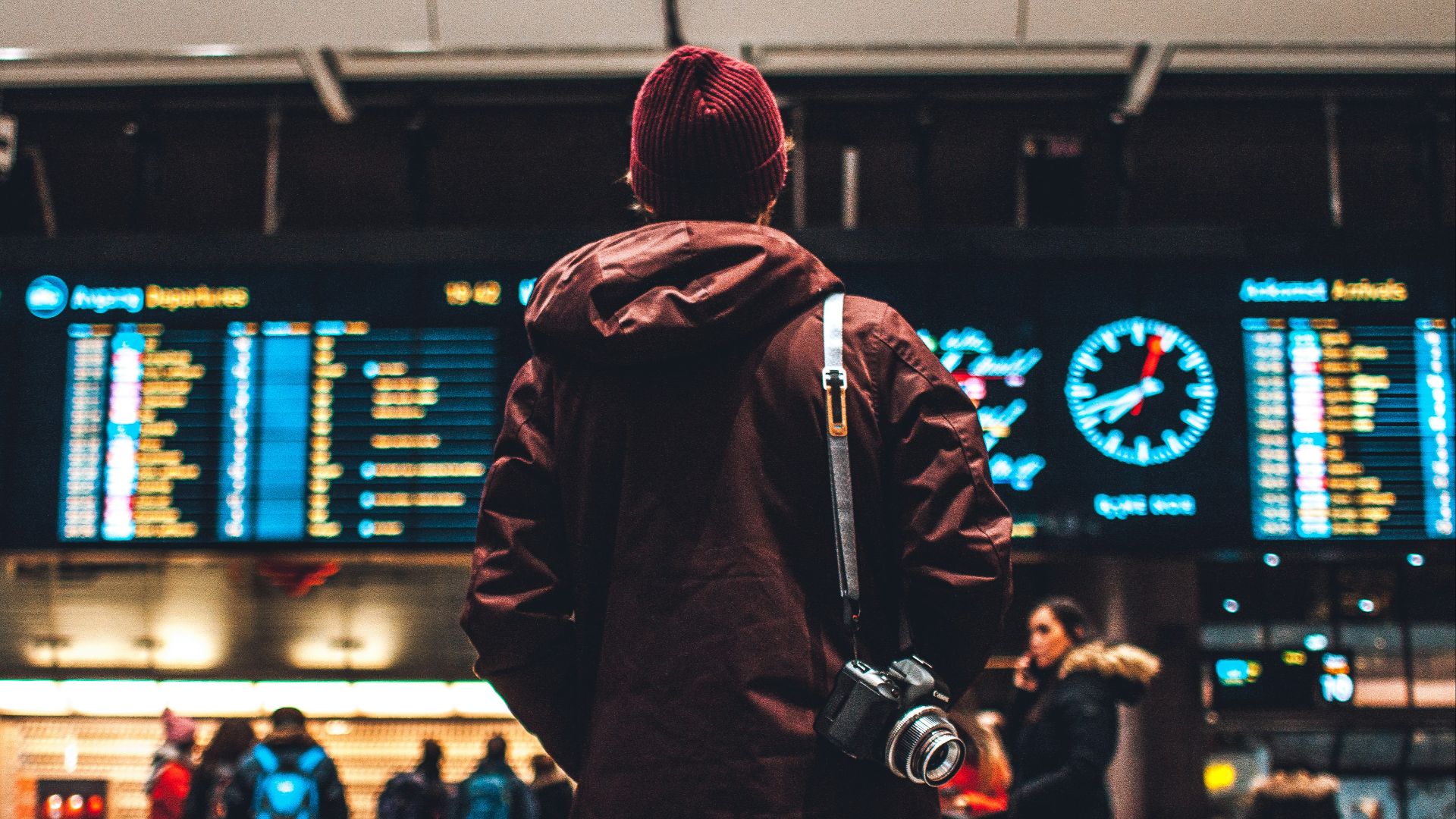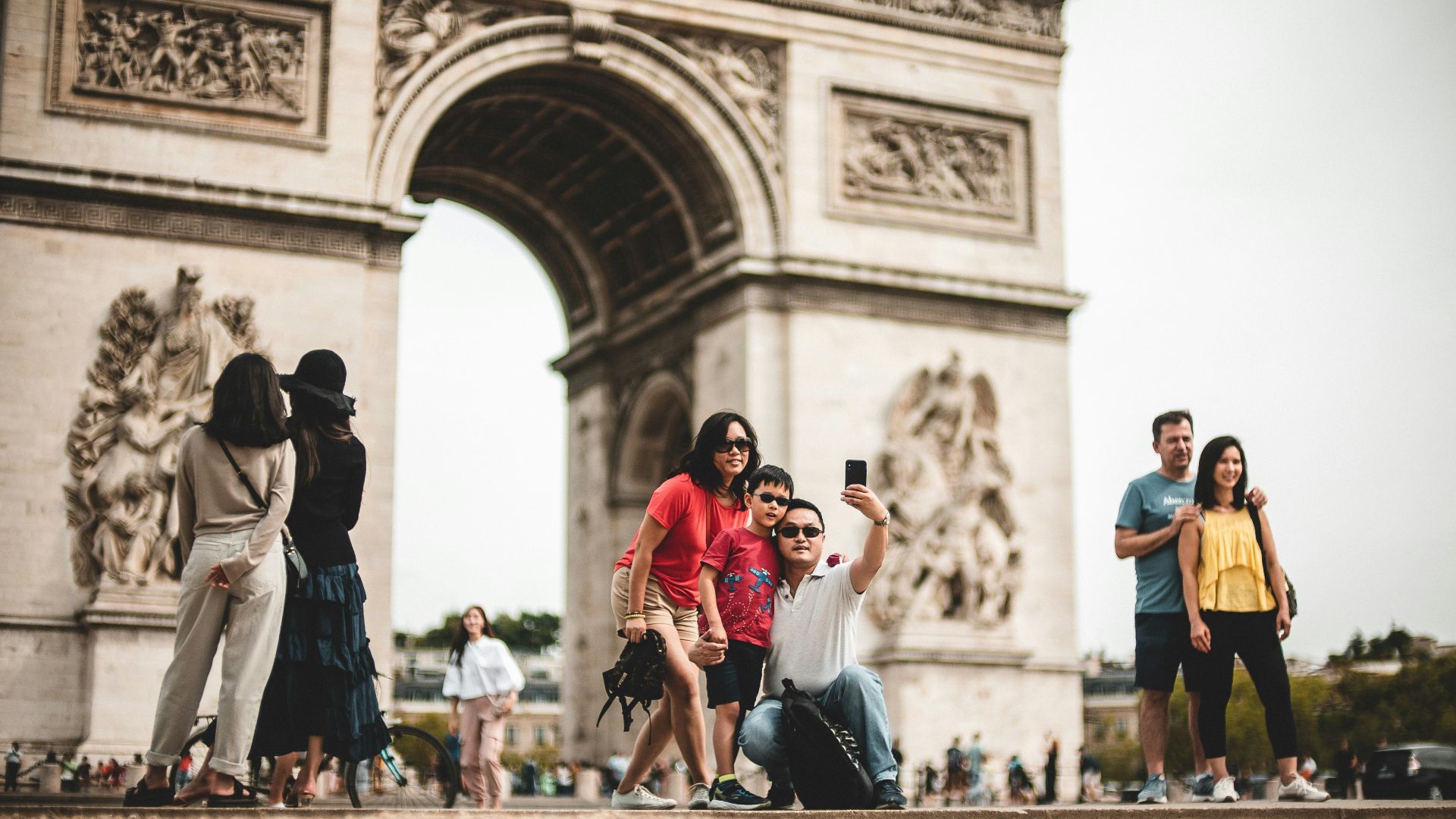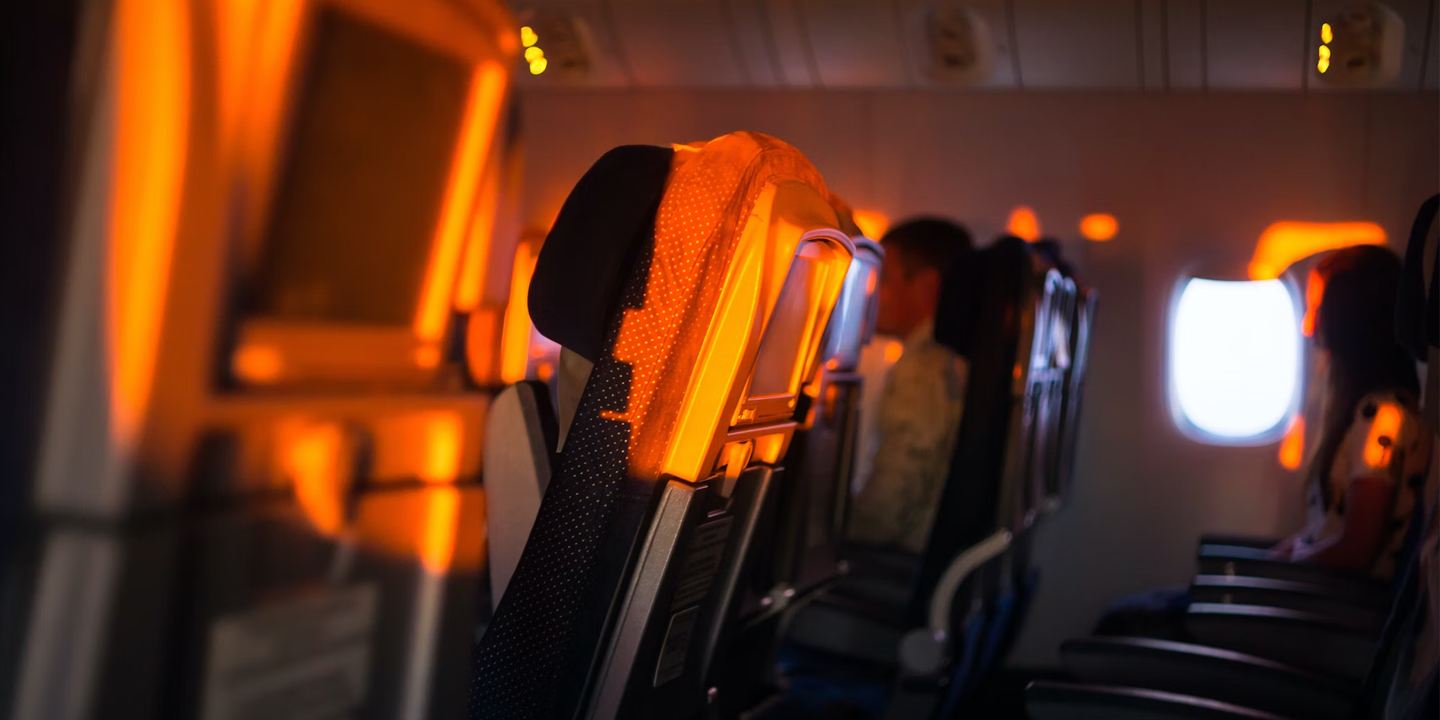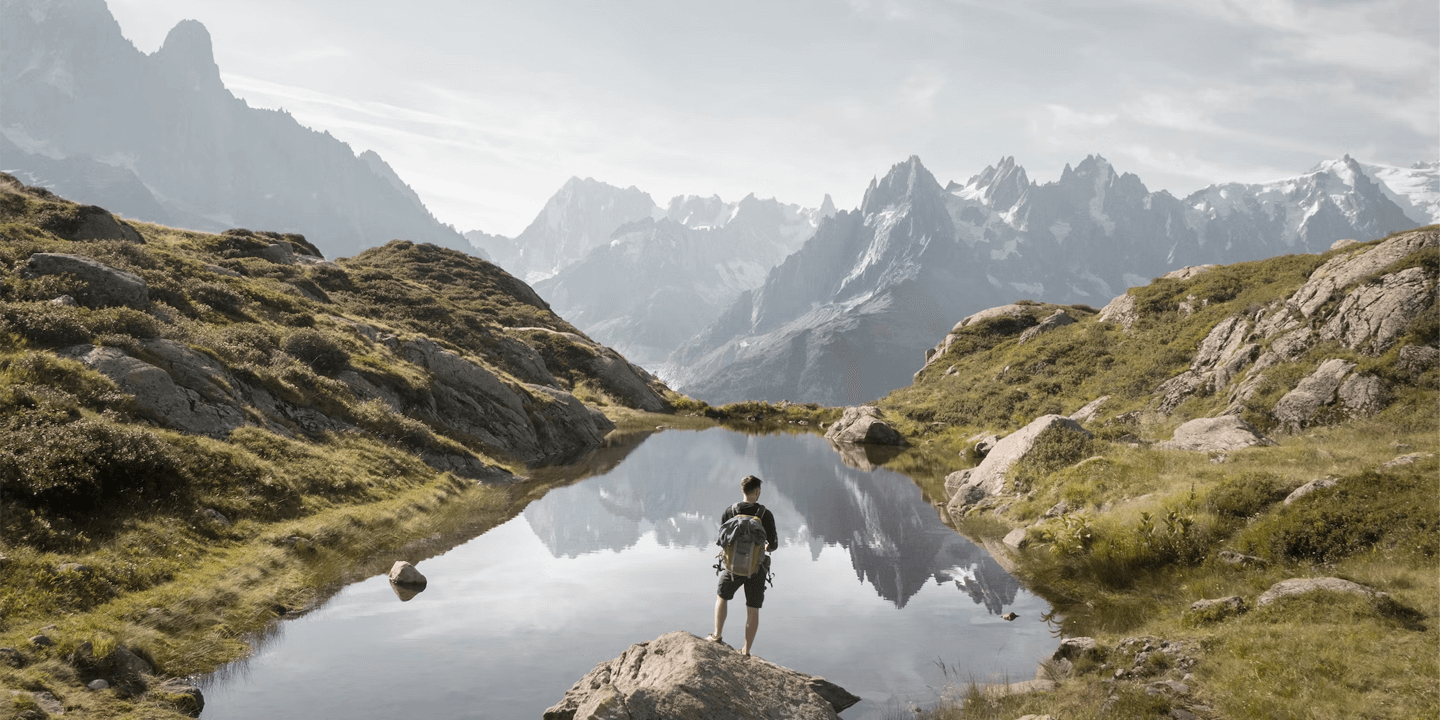The seven-countries-in-ten-days European tour is dying. Those whirlwind trips where you hit Paris for breakfast, Venice for lunch, and collapse exhausted in a Munich hotel room by dinner are starting to feel less like vacation and more like punishment. Something's shifted in how we think about travel, accelerated by remote work but rooted in a growing recognition that racing through destinations means you never actually arrive anywhere. Slow travel, once the domain of gap-year students and retirees, has gone mainstream.
Remote Work Rewrote the Rules
The pandemic allowed millions of people to prove they could work effectively from anywhere with decent Wi-Fi. Once that cat was out of the bag, it wasn't going back in. Companies that spent years insisting butts-in-seats were essential suddenly realized productivity didn't crater when employees logged in from Lisbon instead of London.
Digital nomad visas exploded in popularity. Countries from Portugal to Croatia to Thailand started offering special permits allowing remote workers to stay for six months or a year while paying taxes back home.
The math suddenly made sense in ways it never did before. Why blow $3,000 on a one-week vacation when you could rent an apartment in Mexico City for $800 a month, work your normal hours, and actually live there like a local?
Exhaustion Tourism Stopped Being Fun
There's this pervasive anxiety in traditional tourism that your trip is lacking unless you manage to photograph every major landmark. To cross every major attraction off your bucket list, you end up spending your entire trip in a state of low-level stress, rushing from museum to monument, taking pictures while barely seeing anything.
Travel blogger communities have been pushing back against this for years and arguing in favor of spending a week in one neighborhood instead of hitting fifteen cities. Indulging in the pace of the locals by visiting markets and strolling through nondescript streets may sound mundane, but they're actually how you see a place beyond its tourist facade.
Research on vacation satisfaction consistently shows that people remember experiences over possessions, and they remember meaningful interactions over checked boxes on an itinerary. That conversation with an elderly shopkeeper about the best olive oil sticks with you longer than your fortieth church or your twenty-third palace.
The Economics Actually Work
Slow travel costs dramatically less. That sounds counterintuitive when you're staying longer, yet the daily expenses drop once you stop behaving like a tourist. Monthly apartment rentals run a fraction of nightly hotel rates. Cooking even half your meals instead of eating out constantly saves hundreds weekly. Learning the local transit system instead of relying on taxis or tourist buses cuts transportation costs to almost nothing.
Airbnb data from 2023 showed that long-term stays—defined as 28 days or more—grew faster than any other booking category. These extended stays averaged 30-40% less per night than short-term bookings. Hosts prefer them too as it means less turnover, less cleaning, more stable income, and fewer problematic guests since anyone staying a month is invested in maintaining a good relationship.
You Actually Learn Things
Spending three days in Barcelona means you see the Sagrada Família and Park Güell, eat some tapas, take some photos, and then leave. Spending three months there means you find your favorite bakery, learn enough Spanish or Catalan to have basic conversations, understand the neighborhood rhythms, and make a few acquaintance-friends.
This depth of experience changes how you think about places. They stop being backdrops for your photos and start being complex communities with their own logic, problems, beauty, and frustration. You witness daily life instead of going through the performative motions of tourism.
Locals Appreciate the Difference
Venice has been so overrun by cruise ship tourists that locals have been leaving the historic city center in droves. Amsterdam, Barcelona, and Dubrovnik face similar overtourism crises. Residents see endless streams of visitors treating their home like a theme park, driving up housing costs, and their resentment isn’t subtle.
Slow travelers occupy a different space. You're renting an apartment for months, shopping at the same stores, using the same services, and potentially even paying local taxes depending on the visa situation. You're not clogging streets with tour groups or screaming on pub crawls at 2 a.m. You're trying, however imperfectly, to fit into the rhythm of the place rather than demanding it accommodate you.
Slow travel pivots in a different direction than the extractive hit-and-run model of mass tourism that's made locals actively hostile to visitors. It may be a small improvement, but it may prove to be meaningful over time.










